Fertility Preservation Safe for Patients Who Pause HR-positive Breast Cancer Endocrine Therapy to Conceive
The use of fertility preservation and/or assisted reproduction technologies did not increase the 3-year risk for disease recurrence among patients with HR-positive breast cancer who suspended hormone therapy to become pregnant, according to research presented at the 2023 San Antonio Breast Cancer Symposium.
The POSITIVE trial, was an international, single-arm, prospective study of 516 patients, with 497 patients followed for at least 6 months. All patients were 42 years old or younger and had stage 1 to stage 3 breast cancer treated with 18 to 30 months of endocrine therapy before study enrollment. Nearly three-quarters (74%) reported at least one pregnancy during the study period.
The researchers used a Fine and Gray competing risks model to examine factors linked with time to pregnancy. These factors included age, GnRH analogue, menstrual status, prior birth, and prior hormone therapy. At 24 months, they conducted a landmark analysis to determine the safety of assisted reproduction technology use.
Two-hundred fifteen patients (43.3%) used some form of assisted reproduction technology, the researchers wrote, with the most common methods being ovarian stimulation for in vitro fertilization and cryopreserved embryo transfer.
Follow-up continued for a median of 41 months. Younger age was one factor associated with time to pregnancy, the researchers reported, with 64% of patients aged younger than 35, 54% of those aged 35 to 39, and 38% of those aged 40 to 42 years getting pregnant within 12 months.
A multivariate model showed that cryopreserved embryo transfer was the only one of the assisted reproductive technologies in the study independently linked with increased chances of pregnancy after pausing endocrine therapy (odds ratio [OR] = 2.41; 95% CI, 1.75-4.95), according to the researchers. More than three-fourths (82.4%) of patients who used this method reportedly became pregnant.
At 3 years, the researchers wrote, patients who underwent ovarian stimulation for cryopreserved embryo transfer had a 9.7% rate of breast cancer recurrence versus 8.7% among those who did not.
“With the increasing age of childbearing, it is becoming more likely that women will be diagnosed with breast cancer before starting or completing their families… Participants who underwent cryopreserved embryo transfer during the study had higher pregnancy rates with no apparent short-term detrimental impact on breast cancer outcome.”
- Hatem A. Azim Jr., MD, PhD, adjunct professor at the school of medicine and Breast Cancer Center at the Tecnológico de Monterrey, Mexico.
--
References:
https://clinicaltrials.gov/study/NCT02308085
Disclosures: Azim declared financial ties to Pierre Fabre. See full abstract for details.
By Andrew John, MD /alert Contributor
Photo Credit: Getty Images.

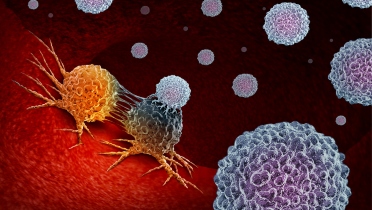

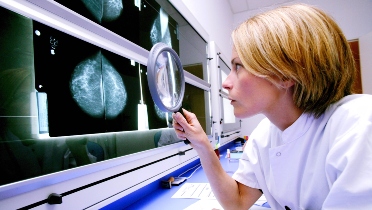
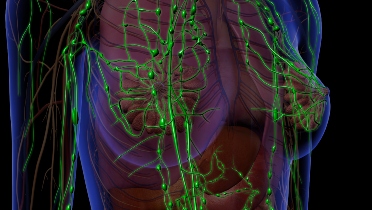

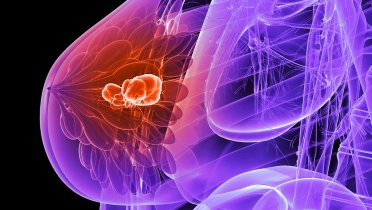

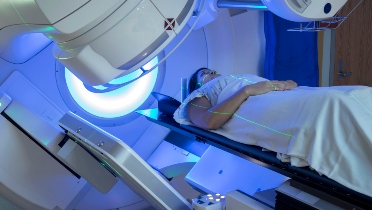
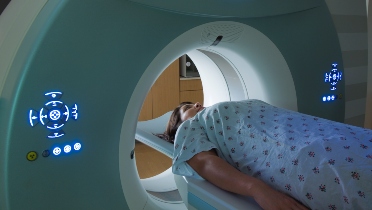

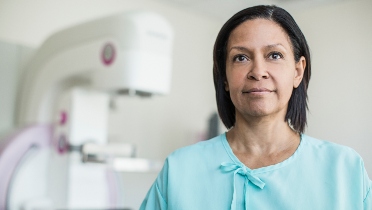

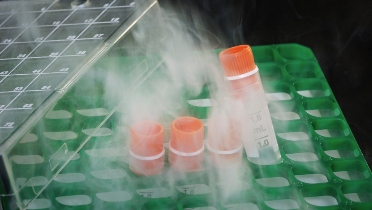

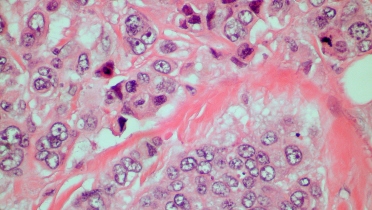
.jpg)
.jpg)
.jpg)
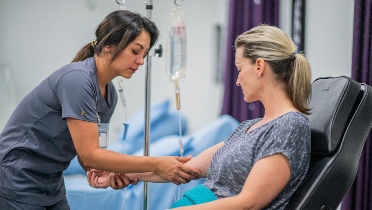
.jpg)
.jpg)
.jpg)
.jpg)
.jpg)
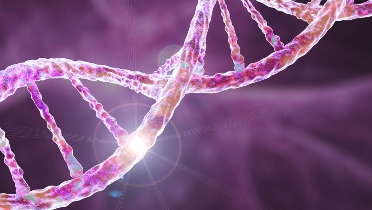

.jpg)
.jpg)
.jpg)
.jpg)
.jpg)
.jpg)
.jpg)
.jpg)
.jpg)

_.jpg)
.jpg)
.jpg)
.jpg)
.jpg)
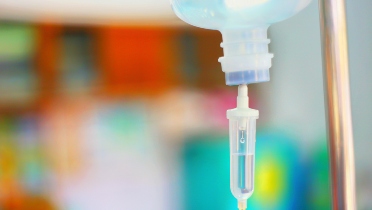
.jpg)
.jpg)
.jpg)
.jpg)

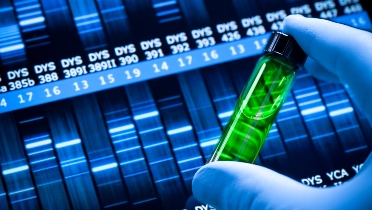
.jpg)
.jpg)

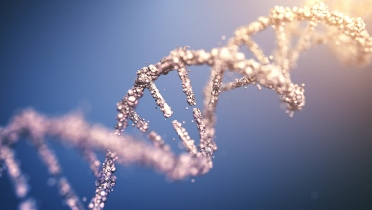
.jpg)
.jpg)
.jpg)
.jpg)
.jpg)

.jpg)
.jpg)
.jpg)
.jpg)
.jpg)
.jpg)
.jpg)
.jpg)
.jpg)


.jpg)
.jpg)
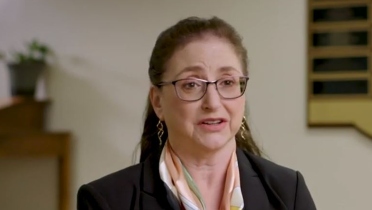
.jpg)

.jpg)
.jpg)
.jpg)
.jpg)

.jpg)
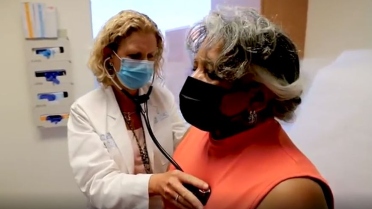
.jpg)
.jpg)


.jpg)

.jpg)
.jpg)
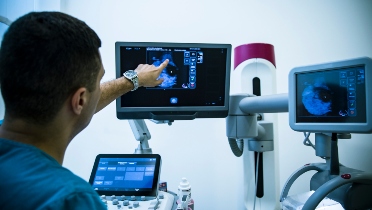
.jpg)
.jpg)

.jpg)
.jpg)
.jpg)
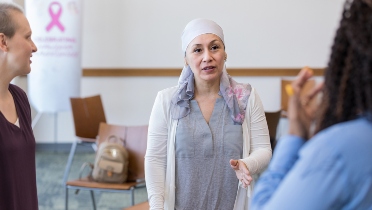
.jpg)
.jpg)
.jpg)
.jpg)
.jpg)
.jpg)
.jpg)
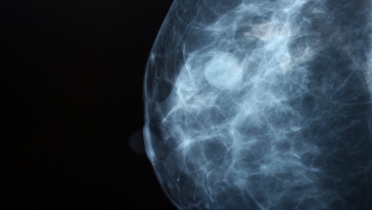
.jpg)

.jpg)
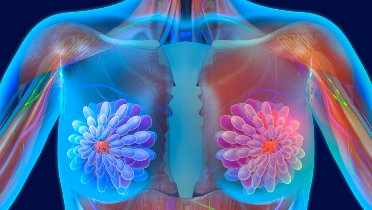
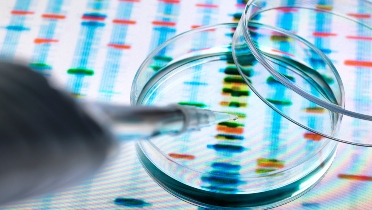
.jpg)
.jpg)
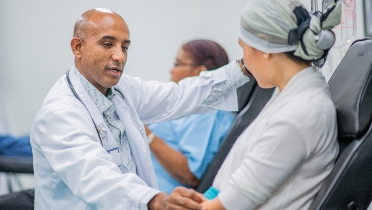
.jpg)
.jpg)
.jpg)

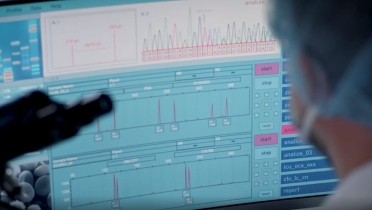

.jpg)
.jpg)

.jpg)
.jpg)
.jpg)
.jpg)
.jpg)
 Featured Breast Cancer Videos
Featured Breast Cancer Videos.jpg)